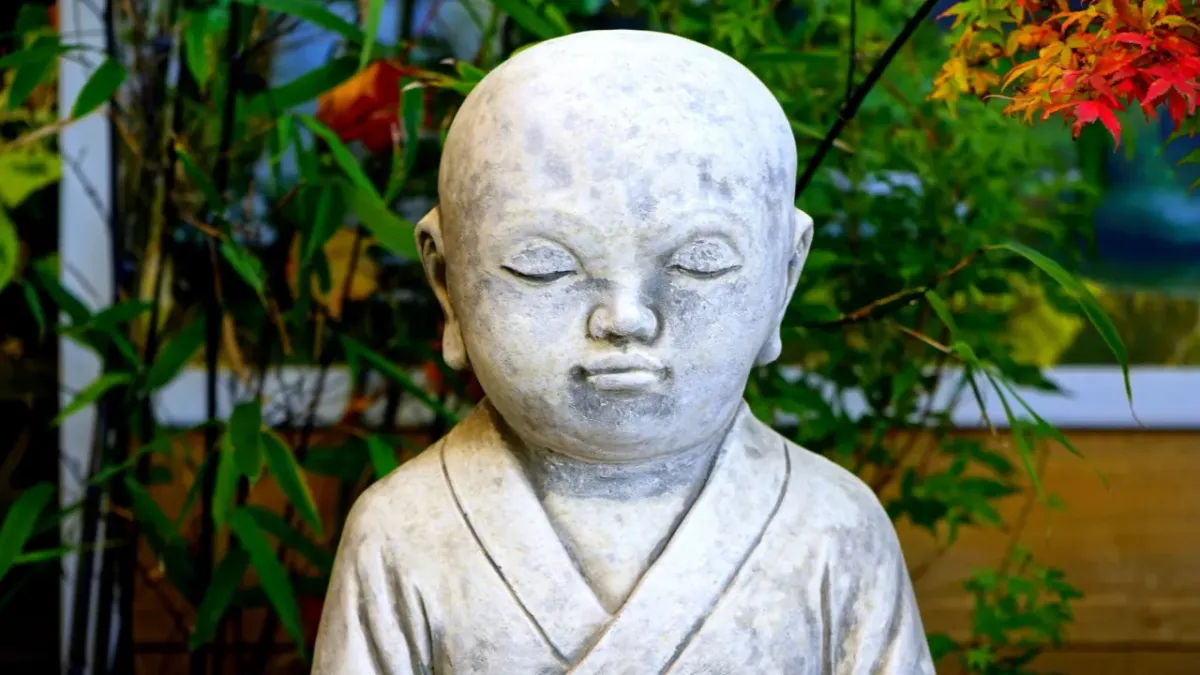
In Case Of Emergancy! Immediatly Do Nothing
In case of EMERGENCY!
Immediately do nothing.
It was a busy afternoon in the Emergency Department of the Gold Coast Hospital when the doors to the trauma bay flung open and in scurried the paramedics with the first multi-trauma case of the shift. Some unfortunate soul had been involved in a high-speed motor vehicle accident and sustained multiple, life-threatening injuries.
This type of case mobilises a multi-disciplinary team of approximately 15 staff, including several doctors, nurses, technicians, radiographers, the blood bank and the team leader himself, the trauma surgeon.
Within seconds the room was buzzing with a hive of activity and everyone’s adrenals were getting a good workout. The patient was transferred from the stretcher to the gurney carefully, to avoid dislodging his breathing tube or any of the many intravenous lines and other tubes protruding from his broken body.
There would have been over 300 years of specialised experience present with their eyes trained only on the job in front of them, with the team performing as a well-orchestrated ballet of precision.
Everybody in the room was working at a frantic pace, rushing to complete each life-saving task as the seconds counted down. Everybody except for the trauma surgeon, that is. He was off to the side in the wings, calm and still. He alone stood out amongst the swarm. The person with the highest salary in the room, wearing a creaseless white coat, seemingly doing the least amount of work.
Curiously, I approached him and asked why he wasn’t doing anything. He gave a wry smile, turned to me and said, “In case of emergency, immediately do nothing”. Puzzled, I asked him what he meant by that, and he replied that by rushing in you are likely to miss the one critical piece of information that could mean the difference between life and death.
It turns out, his job is to remain still and calm. In this manner, the brain’s threat detection centre, the amygdala, won’t hijack his executive thinking cerebral cortex. That is, he won’t be in the blur of fight or flight, but rather clear, present and focused. When faced with emerging chaos, being still is the antidote. This induces a state of mind more conditioned to recognise the hidden order of things.
No matter your dire emergency, whether real or imagined, it is almost always wiser to avoid reacting to the scenario. Immediately do nothing, remember to breathe, calm your nervous system, take your time to assess the situation and only then respond if needed. This alludes to the paradoxical juxtaposition that sometimes nothing can be everything
Immediately do nothing is a mantra embedded in my coaching practice. My clients will often present as though their life situation is a dire emergency. But when I refrain from colluding with them on this, they notice my lack of alarm and then surprisingly manage to self-regulate their own emotions.